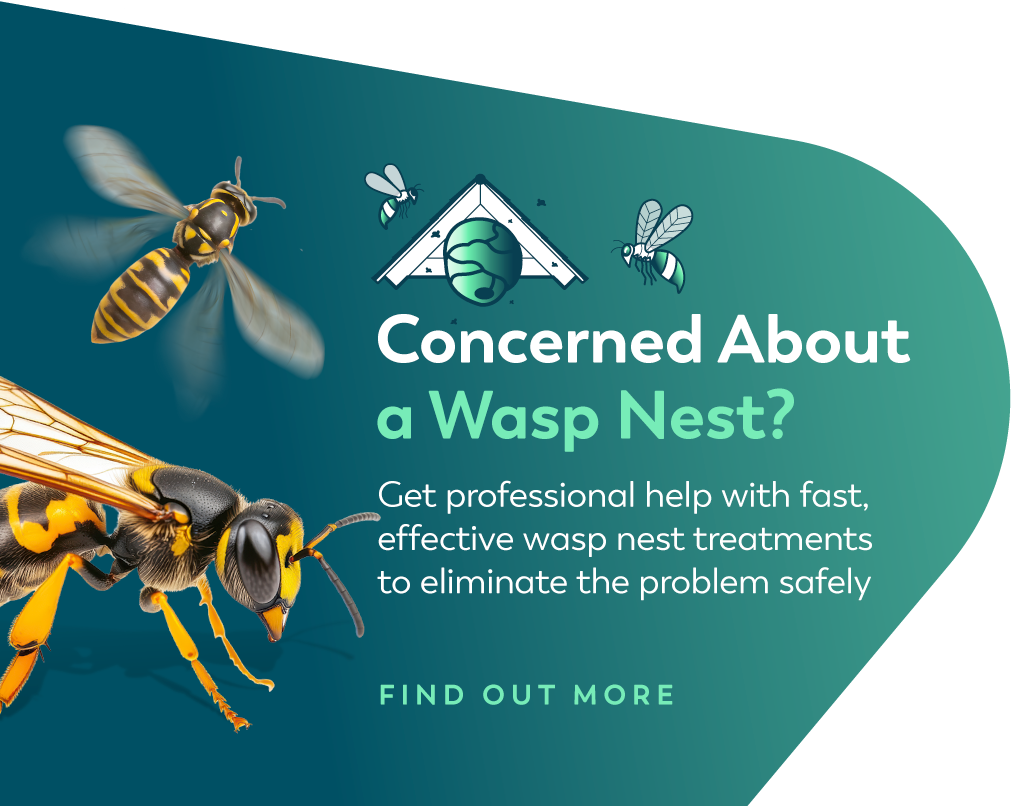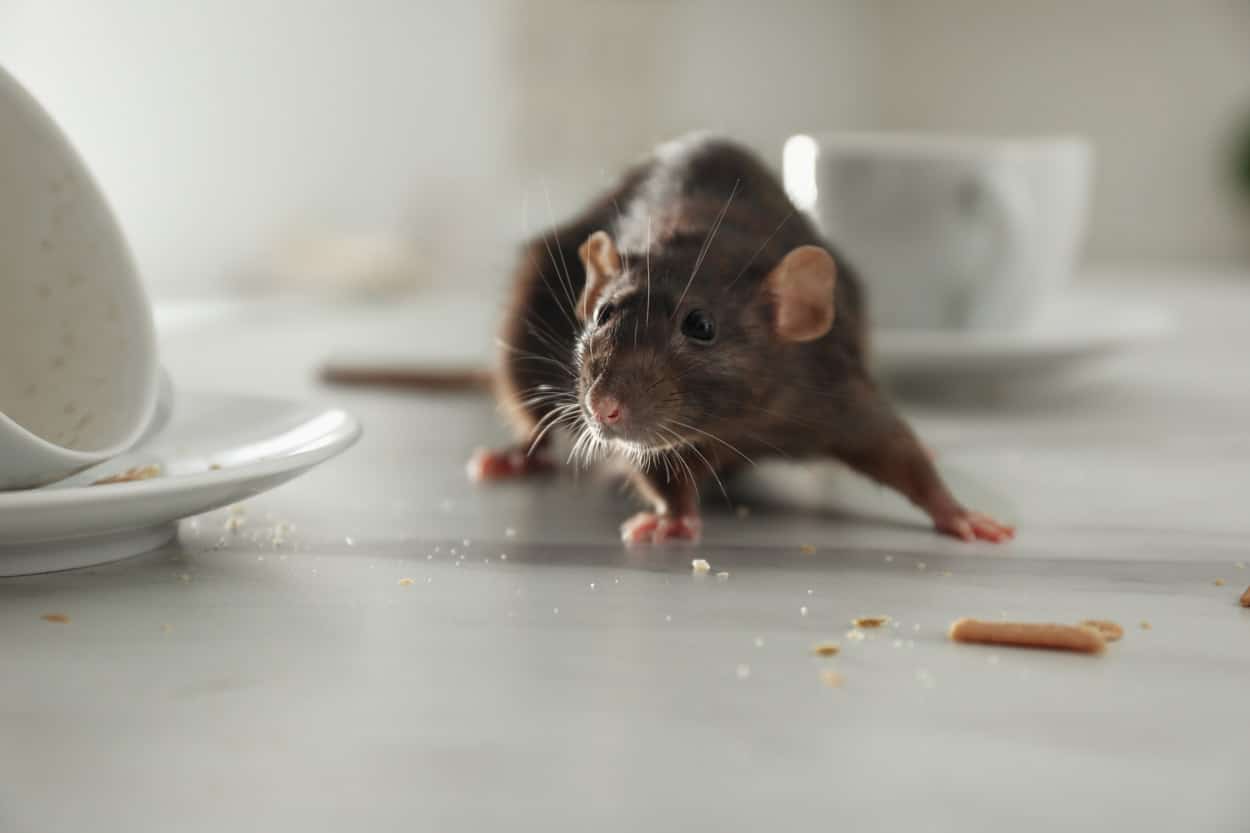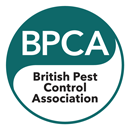What you need to know about Rats
Rats can cause significant damage to property; this is due to the fact that Rats’ teeth never stop growing. Rodents constantly gnaw on items to keep their incisors in check. They can gnaw through various materials even some metals!
Marking their territory
Rats mark their territory and communicate by urinating everywhere they go, representing a significant public health risk. They can carry many nasty diseases, which can spread to humans, normally through rats’ urine or body coming into contact with food preparation areas.
Active at night
Rats are nocturnal and are most active at night and during dawn and dusk.
Rapid population expansion
On average, a female rat can produce six litters annually, each containing twelve baby rats. In reality, however, most litters have between five to offspring (baby rats are known as pups). At only four to five weeks old, these little rodents have already reached their sexual maturity, thus allowing for the population to expand from two to up to twelve-fifty within a year, leaving the opportunity for even greater exponential growth.
Excellent climbers
Rats are excellent climbers and are capable of gaining entry through holes around soffit vents, around cables entering the building or even via breaches in the sewer system. Rats are also excellent runners and swimmers!



